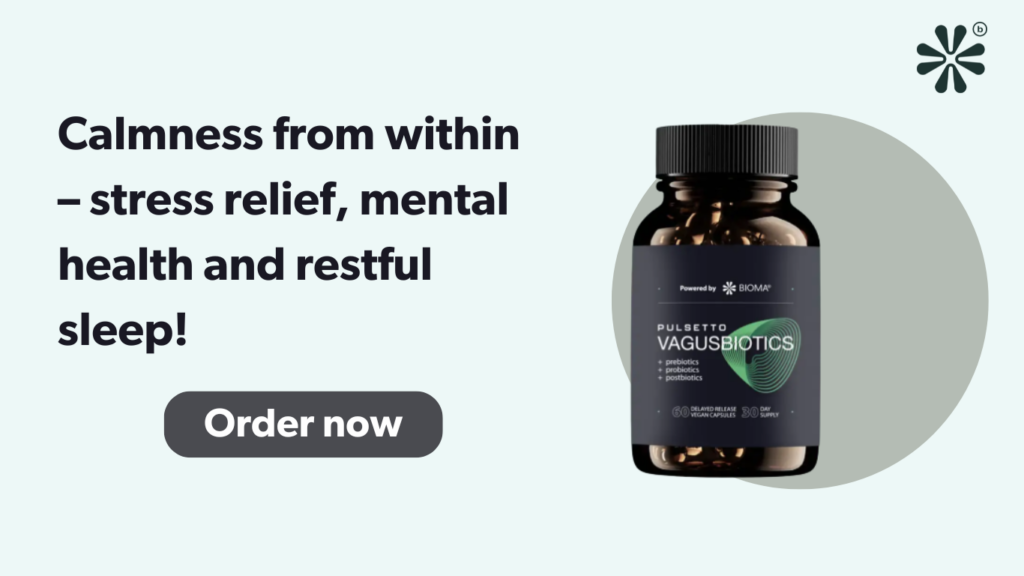How to Reduce Stress: Simple Strategies for Everyday Calm

In today’s fast-paced world, stress has become a common part of daily life. Whether it’s due to work, personal relationships, or health concerns, stress can take a significant toll on both your physical and mental well-being. Chronic stress, if left unchecked, can contribute to various health problems such as anxiety, depression, heart disease, and sleep disorders. Fortunately, there are numerous ways to destress that can help you regain control and restore balance to your life.
In this article, we will explore effective strategies for reducing stress, improving your overall well-being, and creating lasting calm. From lifestyle changes to simple practices, these techniques can be incorporated into your daily routine to help manage and alleviate stress.
What is Stress and How Does it Affect the Body?
Stress is a natural response to challenges or demands, whether real or perceived. It activates the body’s “fight or flight” response, releasing stress hormones like cortisol and adrenaline. While this response is beneficial in short bursts, helping you to react to immediate threats, chronic stress can be detrimental to your health.
Over time, prolonged stress can affect various systems in the body, including the cardiovascular, digestive, and immune systems. Common symptoms of chronic stress include irritability, fatigue, headaches, muscle tension, poor sleep, and digestive problems. Managing stress is crucial not only for your mental health but also for your physical health.

Ways to Destress: Practical Techniques to Relieve Tension
If you’re feeling overwhelmed by stress, there are many effective ways to destress that you can try. These methods can be tailored to fit your lifestyle, helping you to better manage and reduce stress in both the short and long term.
1. Exercise Regularly
One of the most effective ways to destress is through regular physical activity. Exercise helps release endorphins, the body’s natural mood elevators. It also reduces levels of cortisol, the stress hormone. Whether it’s a brisk walk, yoga, cycling, or swimming, physical activity helps improve circulation, boosts your mood, and promotes relaxation.
For people with busy schedules, even small bouts of activity can make a difference. Taking the stairs instead of the elevator, stretching during work breaks, or going for a short walk after dinner can help reduce stress and provide a much-needed mental break.

2. Practice Mindfulness and Meditation
Mindfulness practices, such as meditation and deep breathing exercises, are powerful tools for reducing stress. Mindfulness helps you stay present in the moment, allowing you to focus on your breath and clear your mind of distractions. Studies have shown that mindfulness meditation can lower stress levels, reduce anxiety, and improve mental clarity.
To start, try setting aside just five to ten minutes a day for mindfulness. Sit comfortably, focus on your breathing, and gently bring your attention back to your breath if your mind starts to wander. Over time, this practice can help train your brain to better cope with stress and stay calm in challenging situations.
3. Get Enough Sleep
Sleep plays a crucial role in stress management. When you don’t get enough rest, your body’s ability to cope with stress diminishes. Lack of sleep can lead to irritability, difficulty concentrating, and increased stress. On the other hand, getting quality sleep helps regulate mood, improves cognitive function, and strengthens the immune system.
To improve your sleep hygiene, aim for a consistent sleep schedule, avoid caffeine and heavy meals before bedtime, and create a calming pre-sleep routine. Simple practices like reading, taking a warm bath, or listening to relaxing music can help signal to your body that it’s time to wind down.

4. Connect with Loved Ones
Social support is vital when it comes to managing stress. Connecting with friends, family, or colleagues can provide emotional relief and a sense of belonging. Talking about your stress with someone who listens and offers support can help reduce the emotional burden.
Whether it’s a phone call, video chat, or in-person conversation, take time to nurture your relationships. Socializing with loved ones not only provides emotional support but also helps you laugh, which is a great natural stress reliever.
5. Engage in Hobbies and Creative Activities
Taking time for activities you enjoy can provide a break from stress and help restore a sense of calm. Hobbies and creative outlets like painting, gardening, knitting, or playing a musical instrument allow you to focus on something positive, giving your mind a break from stressors.
Spending time in nature, whether it’s hiking, walking, or simply sitting outside, is another great way to reduce stress. Nature has a calming effect on the mind and body, allowing you to reconnect with yourself and feel grounded.

6. Practice Gratitude
Focusing on the positive aspects of life can be an effective way to reduce stress. Practicing gratitude encourages you to reflect on the things you’re thankful for, which can shift your perspective and reduce feelings of overwhelm. Research has shown that regularly practicing gratitude can improve mood, increase happiness, and reduce stress.
Try writing down three things you’re grateful for each day. This simple habit can help you stay focused on the positive, even during stressful times.
7. Limit Caffeine and Alcohol Intake
While a cup of coffee or a glass of wine might seem like a good way to relax, both caffeine and alcohol can actually increase stress in the long run. Caffeine is a stimulant that can elevate heart rate and make it harder for you to relax. Alcohol may provide temporary relief but can disrupt sleep patterns and contribute to feelings of anxiety the next day.
If you’re feeling stressed, it may be helpful to reduce your intake of these substances and try alternative beverages, such as herbal teas or warm water with lemon, which can promote relaxation.
8. Learn to Say No
Sometimes, stress arises from taking on too much and trying to please others. Learning to set healthy boundaries and say no when necessary is an important part of stress management. You don’t have to accept every request or invitation, especially if it feels overwhelming.
By recognizing your limits and prioritizing your needs, you can reduce feelings of stress and create more space for relaxation and self-care. It’s okay to take time for yourself without feeling guilty.

9. Seek Professional Help if Needed
If stress becomes overwhelming and begins to interfere with your daily life, it may be time to seek professional help. A therapist or counselor can provide you with coping strategies and tools for managing stress effectively. Cognitive-behavioral therapy (CBT) and other therapeutic approaches have been shown to be effective in helping individuals manage stress and anxiety.
10. Consider Supporting Your Gut Health
Your gut health is closely connected to stress management, as stress can disrupt your digestive system, causing discomfort and imbalance. Using probiotics, such as Vagubiotics, can support your body by maintaining a healthy microbiome. Vagubiotics specifically helps promote balanced vaginal flora and overall gut health, contributing to better physical comfort and improved well-being, which is essential for managing stress effectively. Integrating probiotics into your daily routine can complement other stress-relief strategies and enhance overall wellness.

Incorporating Stress-Reducing Practices into Your Daily Life
Stress is a natural part of life, but it doesn’t have to control you. By finding ways to destress that work for you, you can build resilience, improve your mental health, and maintain a more balanced life. Whether it’s through physical activity, mindfulness, social connections, or healthy lifestyle habits, there are plenty of techniques you can use to reduce stress and promote overall well-being.
Start by incorporating some of these practices into your daily routine. Begin with small changes, like taking a few minutes to meditate or committing to more regular exercise. Over time, these strategies will help you build a toolbox for coping with stress, leading to a calmer, more fulfilling life.
Remember, it’s important to listen to your body and seek support when needed. With the right approach, you can manage stress effectively and improve your quality of life.
Related articles






